Connections: American Election and Traditional Values
Today I opened my mailbox to find an article on American news and changing cultural values. The topic was about Hilary Clinton and her speech on American values where she attempted to “take the higher ground” in her fight against Donald Trump.
Clinton quoted John Wesley, a famous Western clergyman (church leader), who once said: “Do all the good you can, by all the means you can, in all the ways you can, in all the places you can, at all the times you can, to all the people you can, as long as ever you can.”
Wesley promoted reforms within the Church of England in the 1700s. With others, he greatly inspired Christians to renew their commitment to the teachings of Jesus as they developed deeply personal relationships with God. His movement became known as Methodist because of its strict teachings on “spiritual disciplines” and his structured approach to organizing local church societies and classes for his followers. Through all of this, Methodists promoted a teaching of love to all and inclusion of poor and marginalized people groups. (For instance, in spite of the slavery traditions in America, American Blacks became strong followers of Methodist Christian teaching.) The movement also gave strong support (1836 and onward) to the growth of public education in Britain and elsewhere, as the earliest church-based Sunday schools for children expanded into Weekday schools.
Methodists were in China (Guangdong Province) from 1847. Canadian Methodists were in Sichuan Province from the 1880s and built the Enguang Church in Chengdu that I have visited.
Two well-known Canadian missionaries in China of this tradition were James Endicott, and his son, James G. Endicott. After the senior Endicott returned to Canada he became a strong leader within the Canadian Methodist Church and helped create a union (1925) of three branches of Christians to form the United Church of Canada. He became the Moderator (head leader) of this new organization and his leadership set much of the course for the United Church since then.
The son, James G. Endicott, was born in China and later returned to Sichuan as a missionary. He broke with much of the missionary traditions of the time to advocate strongly for effective social development and political change, first in close association with Nationalist government leaders, then in support of the emerging Communist leadership.
Back in Canada, Endicott Jr. was a passionate advocate for international peace and founded the Canadian Peace Congress. He was friends with the highly respected prime minister, The Honourable Lester Pearson (a Nobel Peace Prize recipient in 1957). Endicott also served as president of the International Institute for Peace (1957-71). These are just two Methodists with Chinese connections that I have enjoyed learning about in recent years.
Often in China I stumble upon some interesting East/West connections without any previous plan or design. In Chongqing, for instance, one of the oldest and largest downtown churches was first built by American Methodists. A historical marker next to the entrance lists people remembered for their local leadership and special guests from abroad. James G. Endicott is on the list, identified as a “peace activist.”
So as I read the American news yesterday, I was struck by the “connections” between so many of these events and places.
One of the contenders for US president has chosen to appeal to Americans through the words first spoken by John Wesley almost 200 years ago. In founding the Methodist Church in Britain he later had a profound impact on America as well as many other countries including Canada. He inspired missionaries to go abroad, not only as religious teachers but also to initiate and develop medical and educational institutions.
As Canadian missionaries in China, the Endicotts not only attempted to promote “the good,” as it appeared to be most natural to them at that time, but on their return to The West they continued to draw inspiration from Methodism to promote values of love, peace, and acceptance across ethnic, religious, and political boundaries.
As I will reiterate at times in my Connections series of blogs, basic values are foundational to the kind of life we live both at the personal and social levels. If enough people subscribe to certain values, they become the basis of life for a whole culture and nation.
Values in America have been changing. Hilary Clinton is trying to appeal to the American public for support by using historic values that she claims to live by and will support if elected. She is reminding people of the “roots” of much of “the good” that American people have attempted to live out in the past. Interestingly, both of the parties contending for power have expressed agreement that the values she quoted from John Wesley are truly foundational American values. It will be interesting to see how this story plays out in the months ahead. Perhaps, the influence of such people as John Wesley, and the teachings he represents, will continue to resonate (sympathetically vibrate) with current younger generations.
“Do all the good you can, by all the means you can, in all the ways you can, in all the places you can, at all the times you can, to all the people you can, as long as ever you can.” It was, and is, a passionate interpretation of the Golden Rule: “Do unto others, as you wish they would do to you.”
The Jim Wallis article with commentary on the Clinton speech, America is Great When America is Good.
Wikipedia articles on: Methodism, and the leadership role of John Wesley.
Wikipedia articles on James Endicott and his son, James G. Endicott.
First published: 2016/08/02
Latest revision: 2021/01/03
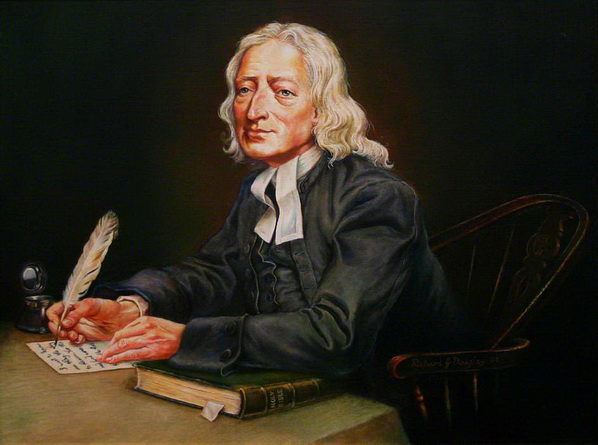
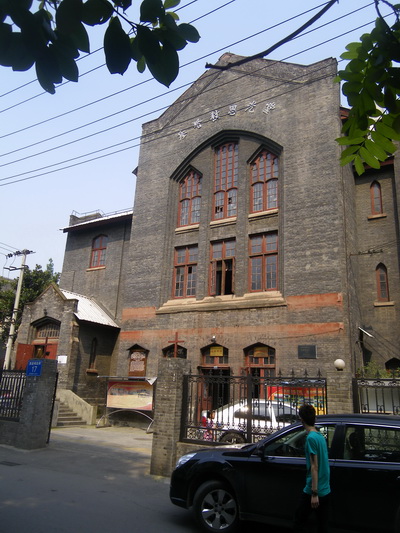
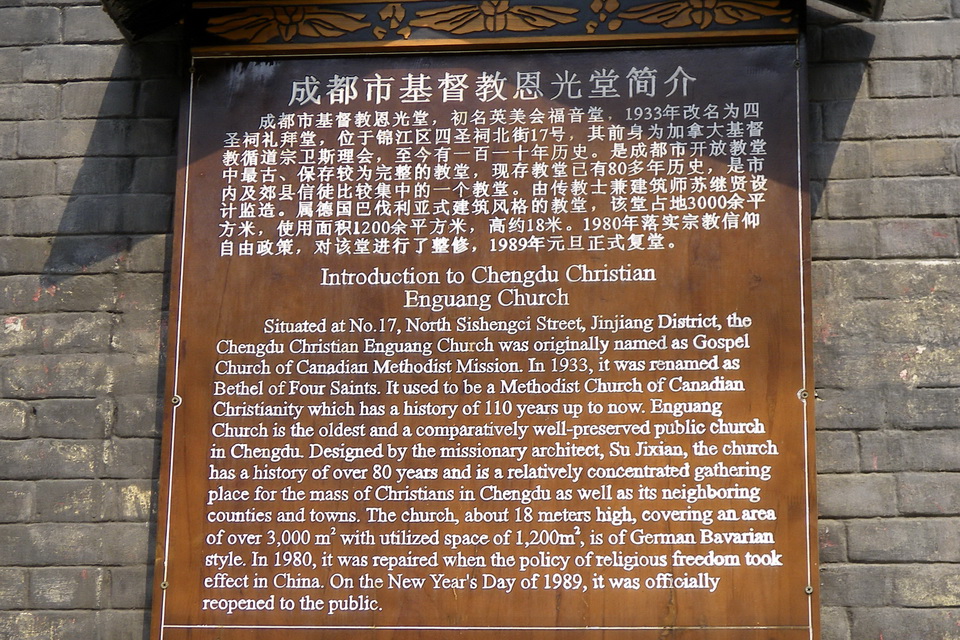
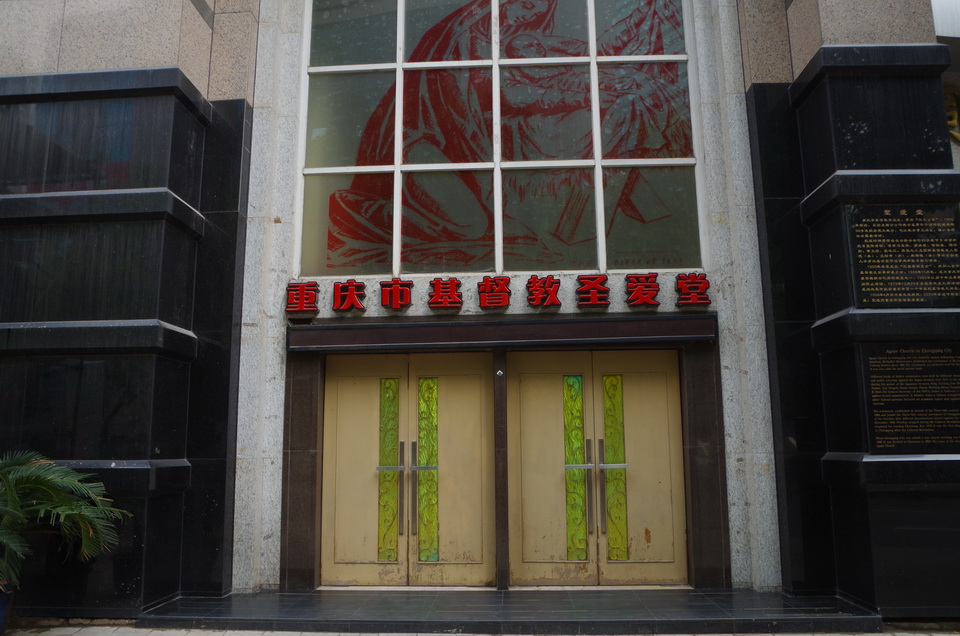
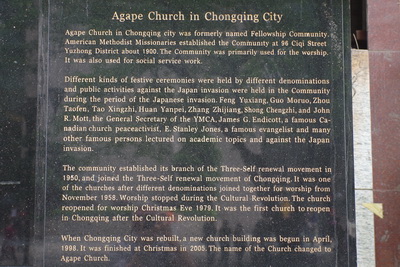
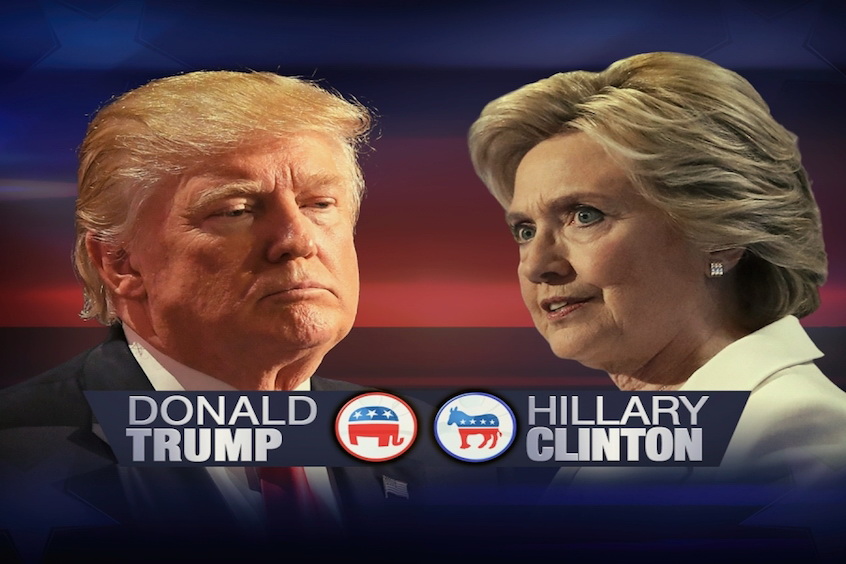
Pingback: My Thoughts the Morning After… – Canadian Dragonfly